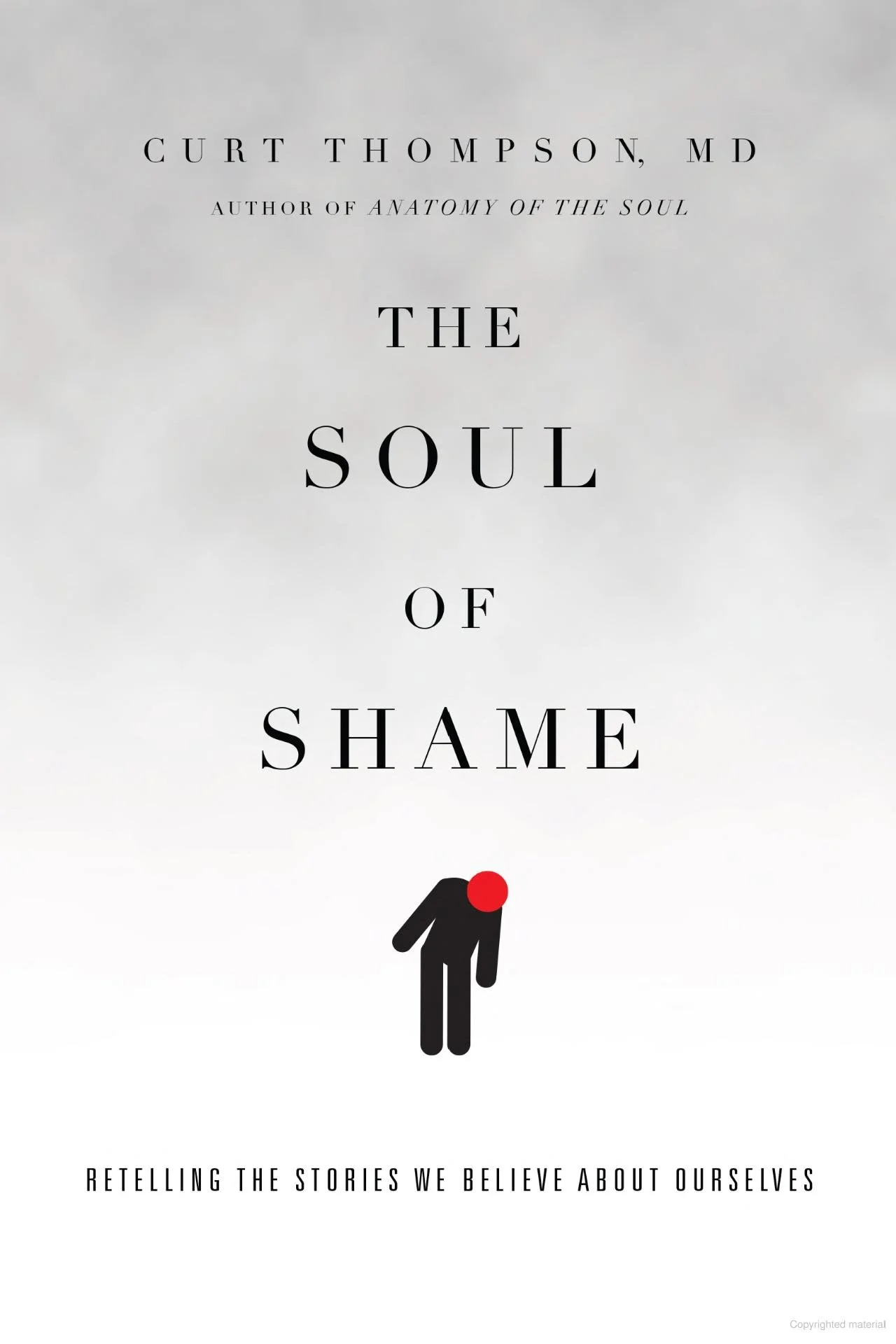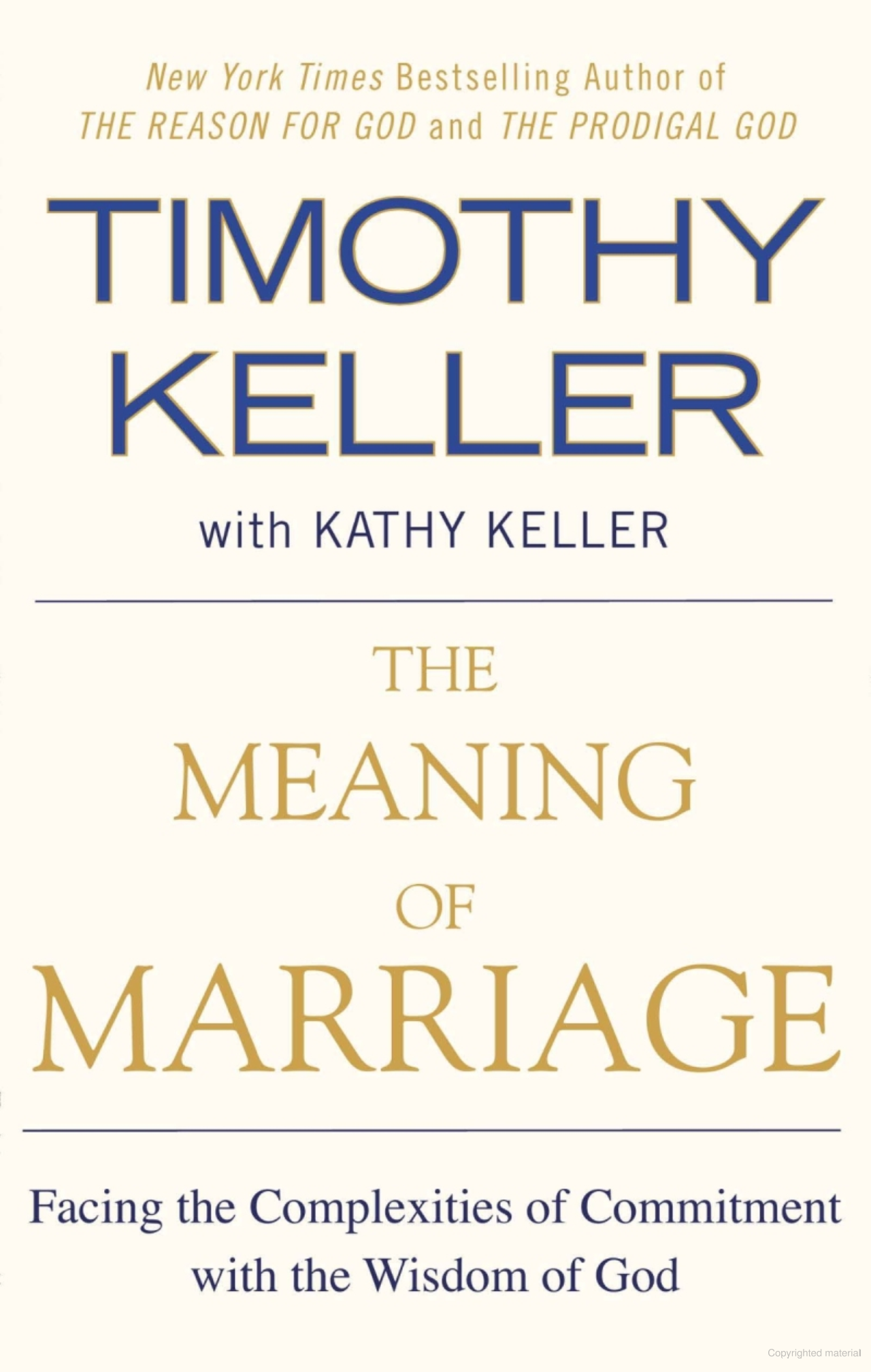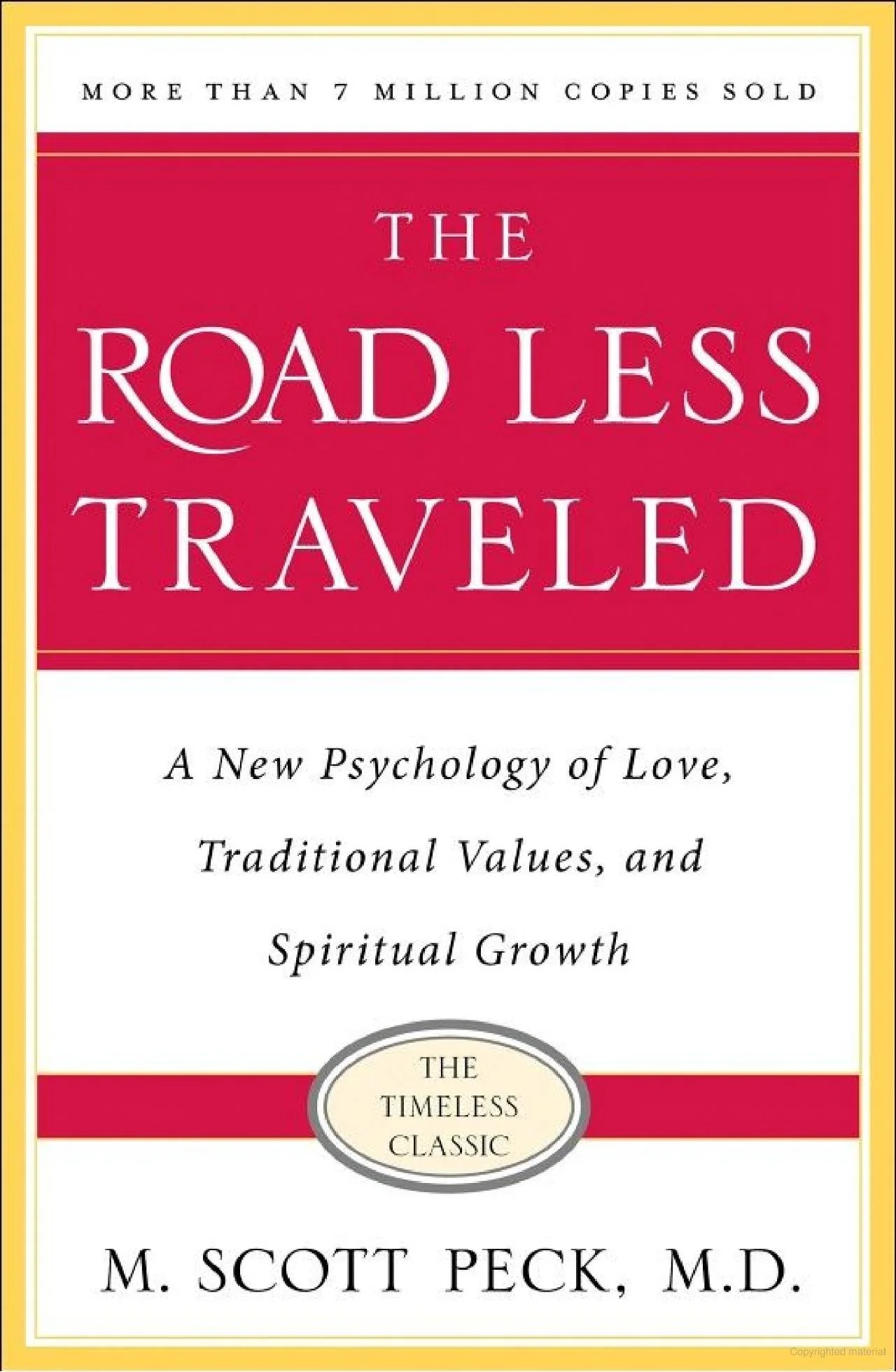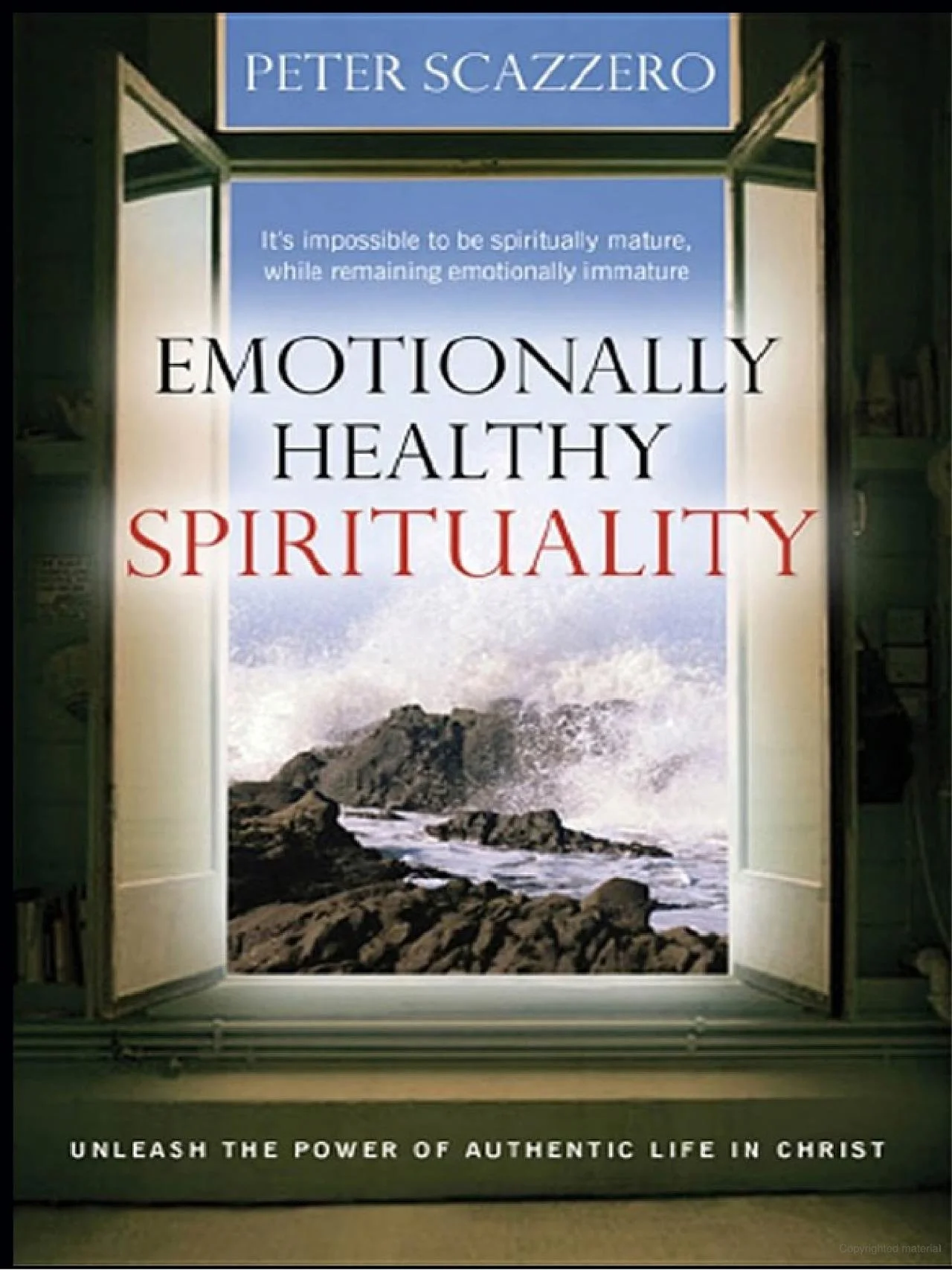
How can therapy enrich and mature my faith?
Counseling from a Christian Worldview
“I have told you these things, so that in me you may have peace. In this world you will have trouble. But take heart! I have overcome the world.” ~John 16:33
Looking inward is tough, especially when life seems good. Our thoughts, feelings, and actions can clash with our beliefs. How do we walk in trust when the world seems so chaotic and unfair?
Both Christians and non-believers suffer due to sin, but Christians are called to face suffering differently.
You might struggle with guilt, shame, trauma, trust issues, or setting boundaries. It’s natural to question your faith and confront difficult experiences, especially if you have a strict or abusive religious upbringing.
What is Christian Counseling?
“Do not be conformed to this age, but be transformed by the renewing of the mind, so that you may discern what is the will of God—what is good and acceptable and perfect.” ~Romans 12: 2-3
-
Counseling/therapy is an addendum, not a replacement to pastoral care.
Christian counseling is different from “biblical counseling.“ Biblical counseling seeks to reconcile people’s struggles through using scripture and theology toward better understanding God’s will in their life their own struggling.
In Christian counseling, you speak to a professionally licensed clinical therapist who helps clients better understand how their thought patterns, emotions, and physical realities all impact one’s view and health of their manifest and spiritual lives. It’s counseling from a Christian worldview.
In essence, we will work on how you mentally, emotionally, and behaviorally process your life with someone who understands your Christian faith and the spiritual nuance that it brings.
-
No one but God has a monopoly on truth.
People are diverse both in and out of the church. Each person holds the Imago Dei and despite sometimes disagreeing, there’s something to learn from everyone.
-
In therapy, empathy without honesty is enabling; honesty without compassion is just cruel. We need both.
-
Suffering is a part of life. Everyone knows that life is hard, and it is often when we are in those moments of difficulty we come face-to-face with who we really are.
I help engage my clients to dig in, wrestle with their feelings, and ask the big questions of life.
-
As you begin to understand yourself better and gain self-awareness, it is my hope that you grow and move forward in life with as a changed person and renewed mind.
Faith-Informed Counseling: Bridging the Spiritual and Psychological 🤌
For many clients, discussing Jesus, faith, and religion isn't always clinically relevant, but it’s important to meet people where they are. Faith is diverse and influenced by cultures and perspectives within the Church and the world.
People are spiritual, physical, and psychological. Bringing Jesus into our issues often highlights our deeper spiritual needs, an integral part of us that makes us human. However, trying to understand our internal experiences in contrast with broken relationships, culture, or the world is daunting alone, and is best done in relationship.
For clients wanting to bring Jesus into sessions, our goal will be to is to help you see how the gift of psychology complements your spiritual growth. This is done by helping clients better understand what has been generally revealed in their own psychology, and thereby love others.
Looking for Good Reads?
Get in touch.
Still want to figure out if we’re the right fit? Schedule a FREE consultation!
FAQs
-
Christian counseling has little to no difference from the traditional therapeutic experience. Christian counseling offers the added element faith in how this interacts with one’s mental processing.
As this pertains to more divisive theological/social topics, as a therapist, it is not professionally within our prerogative to assert any personal belief or worldview, especially when that contradicts the clients strongly held values.
To ensure professional boundaries, we work out issues with wherever a client is at—regardless of where they are at on the theological spectrum—and leave the day-to-day working out to their pastoral care outlet accountability among their fellow believers.
-
According to the Association of Certified Biblical Counselors (ACBC), biblical counseling may be defined as “…a fluid event and process of a Spirit-empowered Christ follower providing face-to-face ministry of the Word to others.“
This means they are not subject to or licensed by an official license body, have not received extensive training in psychological concepts, or techniques.
According to the American Counseling Association (ACA), Clinical mental health counseling “…a professional relationship that empowers diverse individuals, families, and groups to accomplish mental health, wellness, education, and career goals.“ This is includes being subject to association and license ethics and training requirements.
Both have their merits depending on a client’s needs and designated methods of treatment. Clinically licensed therapist are still allowed to engage with client’s from a religious or Christian framework, so long as the client gives informed consent.
-
Pastoral care typically involves the day-to-day wisdom of living out one’s faith, or the working out of complex theological issues and personal beliefs.
Again, as a therapist it is not professionally within our prerogative to assert any personal belief or worldview, especially when that contradicts the clients strongly held values.
Working with people from a Christian worldview means a client engages in psychological services to help work out their internal world and relate it back to their faith journey. In order to maintain health professional boundaries, the rest is left to the client to work out with their pastor, and spiritual brothers and sisters in their immediate community.
-
No and yes. Though I might reference scriptural or everyday truths, the overall intention of services are to provide counseling services to better enhance client’s psychological (i.e. emotions, cognitions, behaviors) lives to better serve their spiritual faith walks.










